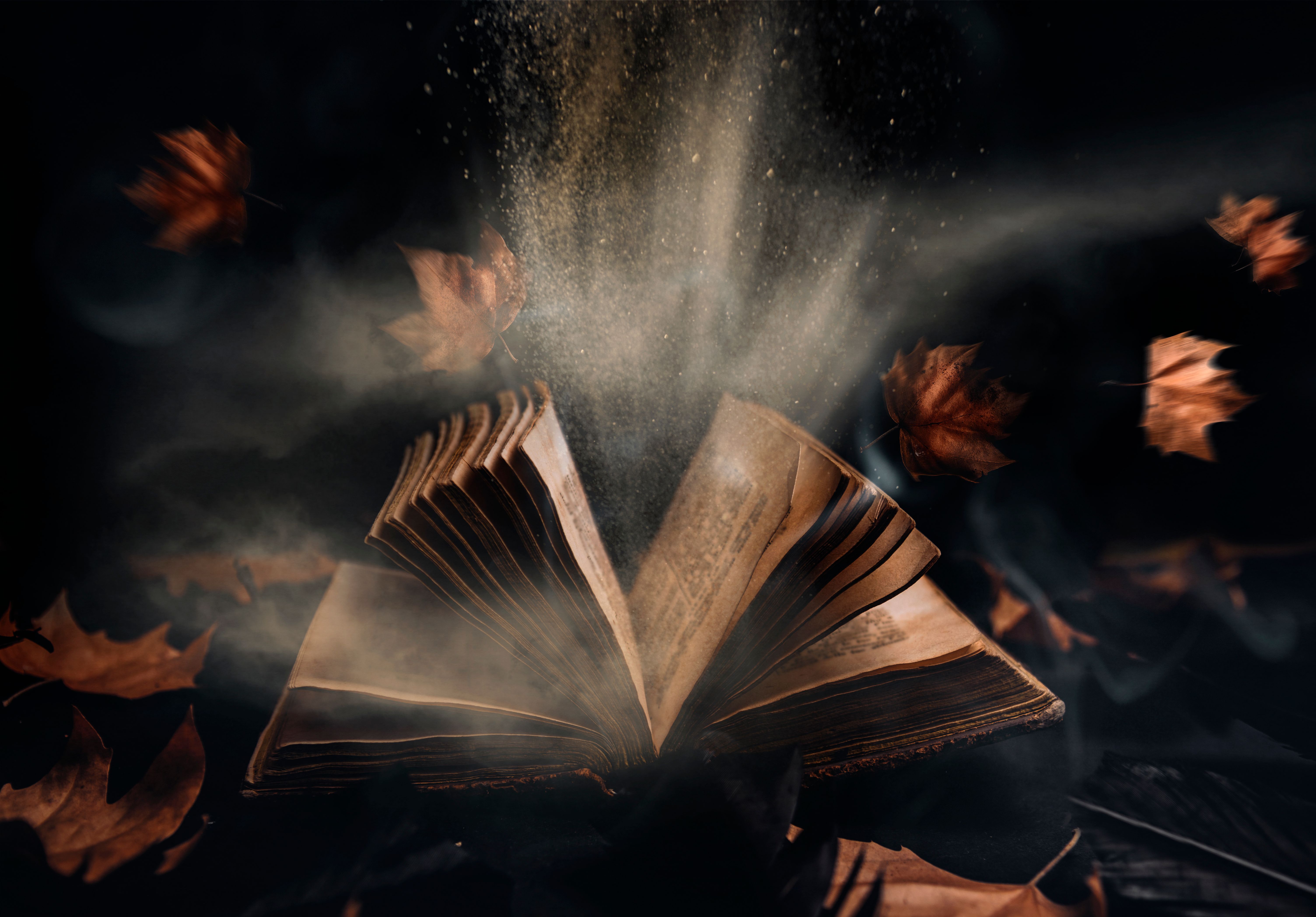- Contact
- Services & Expertise
- About
- Blog
- Services
- Black Magic Revenge & Enemy Destruction Specialist
- Love Back by Black Magic
- Black Power Spell
- Lost Love Spells – USA & UK Specialist
- International Vashikaran & Love Control Services
- Black Magic to Destroy Enemy – International Specialist
- Black Magic Specialist
- Voodoo Spells
- Black Magic Services
- Foreign Black Magic Services
Understanding the Power and Ethics of Revenge and Death Spells
The Concept of Revenge and Death Spells
Throughout history, the concept of revenge has been a powerful motivator in human behavior. Many cultures have explored this theme through folklore, literature, and even magical practices. Among the more controversial aspects of this are revenge and death spells, which some believe can influence events or individuals through supernatural means.
Revenge spells are often cast with the intention to harm or retaliate against someone who has wronged the caster. Death spells, on the other hand, are considered to be the most extreme form of such magic, as they are intended to result in severe consequences, including death. It is essential to approach these topics with a nuanced understanding of their historical context and ethical implications.

Historical Background
The use of spells and magic can be traced back to ancient civilizations. Egyptian, Greek, and Roman texts often mention curses and hexes designed to protect individuals or seek retribution. These spells were sometimes inscribed on tablets or cast through rituals involving specific incantations and materials.
In medieval Europe, witchcraft accusations often revolved around the belief that individuals could harm others through magical means. This led to widespread fear and persecution, highlighting how deeply ingrained these beliefs were in societal consciousness.

Ethical Considerations
Engaging with revenge and death spells raises significant ethical questions. At the heart of these concerns is the intent to cause harm. This intent can conflict with moral and ethical standards that value compassion, forgiveness, and non-violence. Many argue that such practices can perpetuate cycles of negativity and retribution rather than fostering healing and resolution.
Moreover, the belief in such spells can lead to real-world consequences, including fear, anxiety, and conflict among those who believe they are affected by them. This highlights the importance of understanding the psychological impact these beliefs can have.

Modern Perspectives
Today, interest in spells and magic persists, often through popular culture or as a form of personal expression within certain spiritual communities. While some may view these practices as symbolic or metaphorical, others continue to believe in their literal power.
Modern practitioners often emphasize consent and personal responsibility in the use of magic. This shift reflects a broader trend towards ethical consideration and accountability in spiritual practices.
The Role of Media
The portrayal of revenge and death spells in media can influence public perception. Movies, books, and television shows frequently depict these themes, sometimes glamorizing them or presenting them as thrilling or mysterious.
While these narratives can be entertaining, they also risk trivializing the serious ethical implications associated with these practices. It is crucial for consumers of media to critically engage with these portrayals and consider their broader impact on society.

Conclusion
The fascination with revenge and death spells underscores a timeless human desire for justice and control. However, navigating these desires within an ethical framework is crucial in ensuring that actions align with broader moral values.
Ultimately, understanding these practices involves looking beyond sensationalism to consider their historical roots, ethical dimensions, and modern interpretations. By doing so, we can better appreciate the complex interplay between power, ethics, and belief.